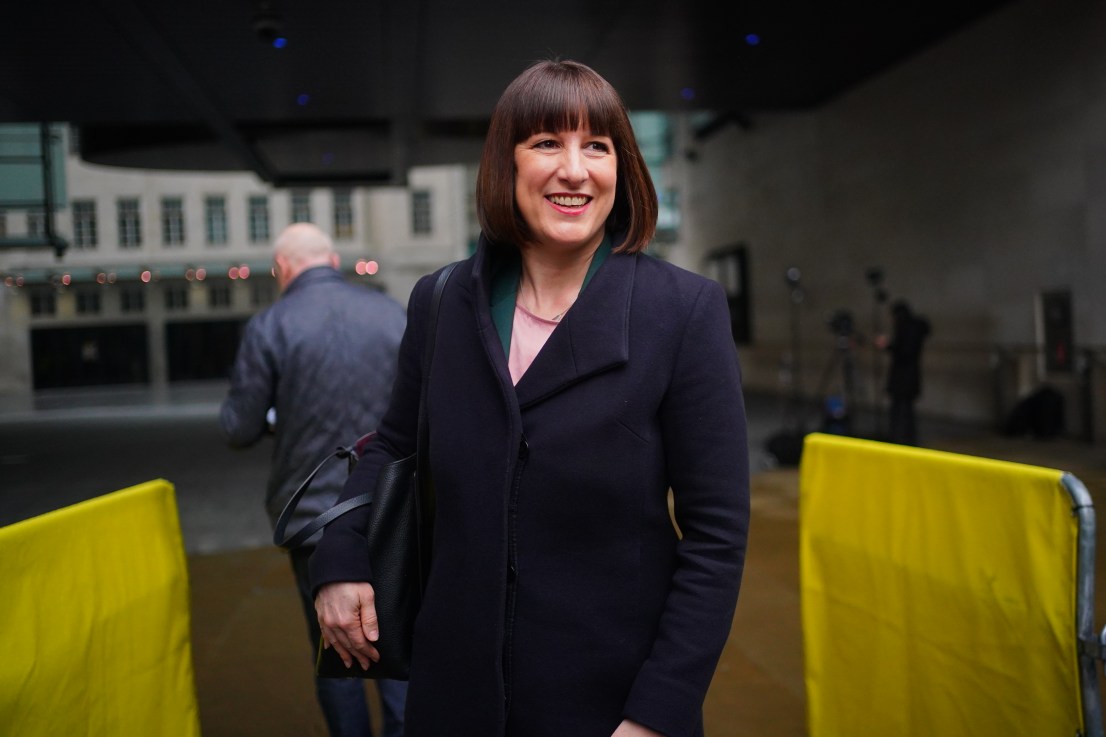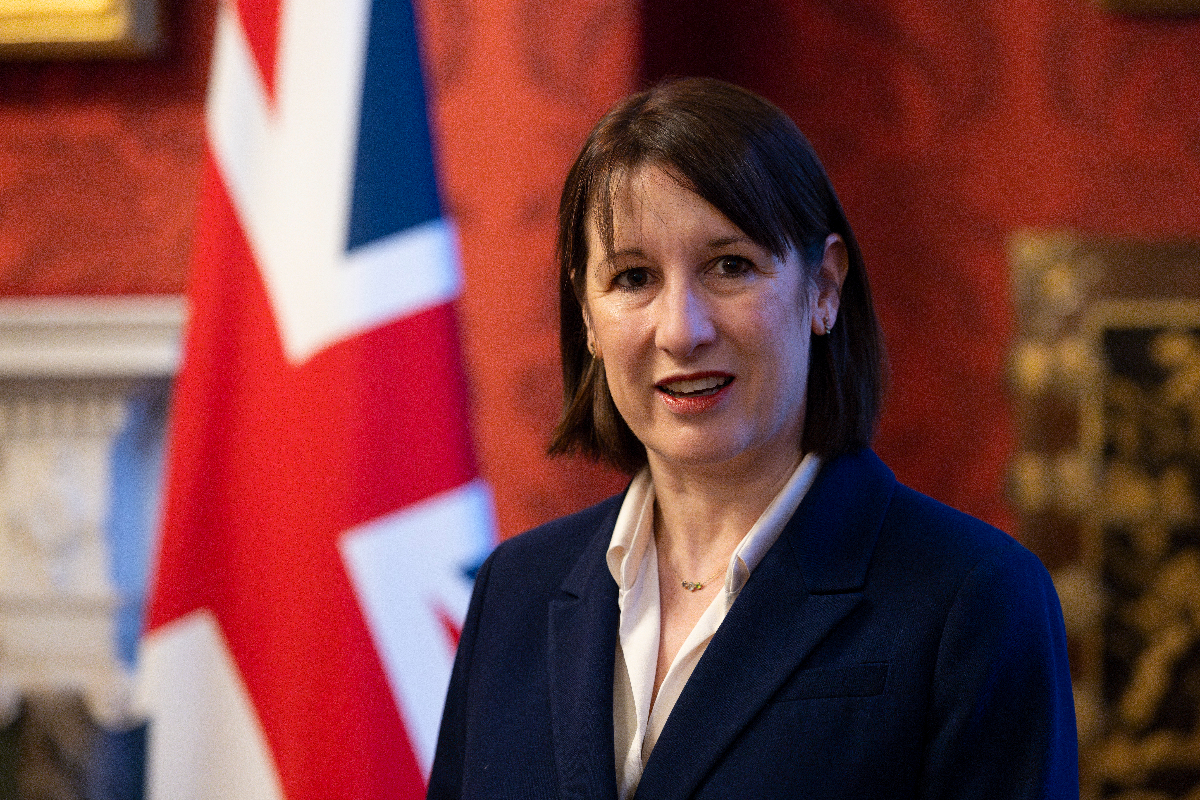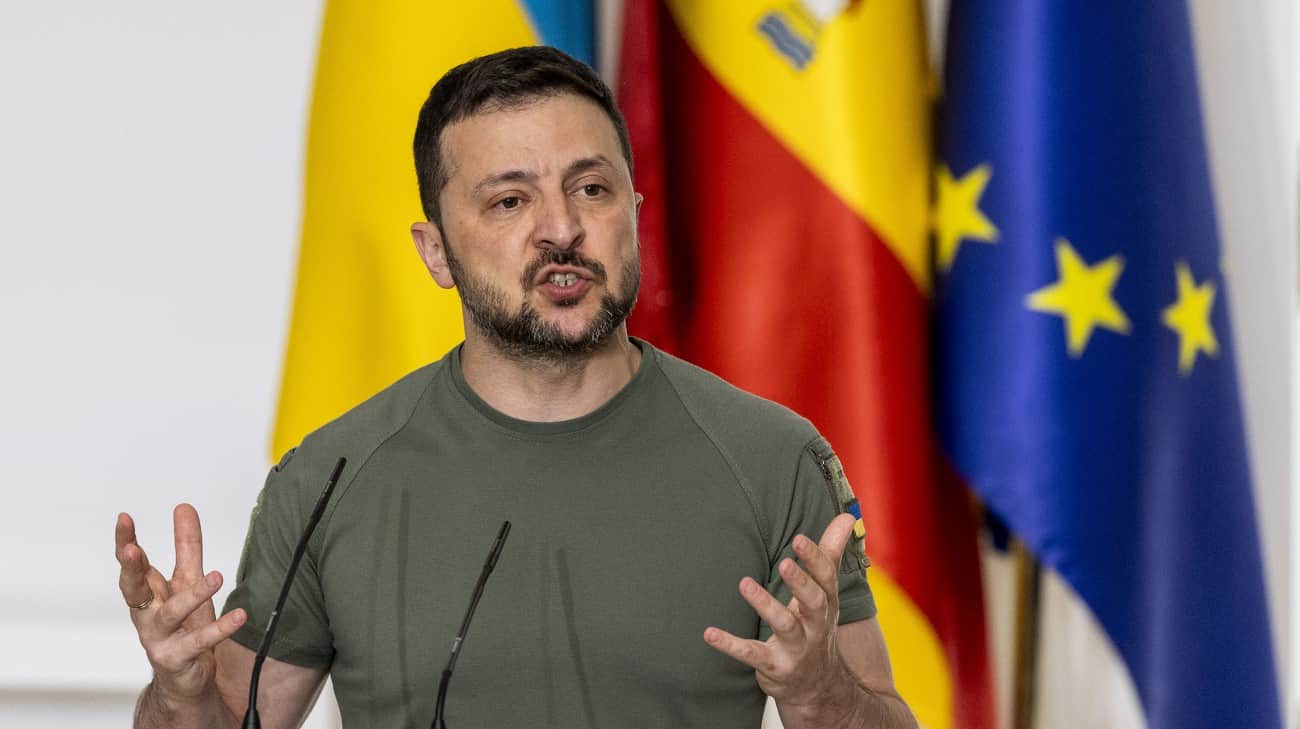Reeves: ‘Under no illusions’ about public finances – but we’ll spend anyway
Rachel Reeves told the BBC that she was aware of the public spending challenges facing the Labour party


Rachel Reeves pledged an “initial injection” of funding into public services should her Labour party take power in the next election, despite the perilous state of the public finances.
The Shadow Chancellor told the BBC that “the (fiscal) inheritance that a Labour government would have if we do win the next election will be the worst since the Second World War.”
An election is expected in the second half of this year.
The country is running a debt burden of just shy of 100 per cent of annual GDP.
Despite that however she pledged to spend on public services, with public dissatisfaction growing at the state of the NHS and a host of other state-funded services.
“I do know that public services need more money – that’s why we will make that initial injection,” Reeves said.
The budget delivered by the Chancellor last week outlined plans to cut national insurance taxation by a further 2p, a move welcomed by business groups.
However the budget also suggested that real-terms spending on public services would effectively be flat over the coming years, with the government preferring to focus on improving productivity across the public sector.
Productivity in the state sector is significantly lower than in the private sector and according to research from the Institute for Fiscal Studies has shown precious little improvement in recent years.
Reeves also said she would push ahead with plans to create a private-public partnership on green and low-carbon energy.
“The idea is to leverage in private sector investment alongside a government endowment to invest in some of the jobs and industries of the future, from carbon capture and storage to green hydrogen and green steel, floating offshore wind and so much more – areas where we can be a world leader, where we can bring good jobs paying a decent wage to Britain, start to bring people’s energy bills down and also boost our economic security by boosting our domestic energy security,” she said.
“And I’m really pleased that what businesses can see is that Labour have a serious plan. We are determined to get in that private sector investment and they want to work with me and the Labour Party on how we can get that up and running if we are fortunate enough to win the next election.”



